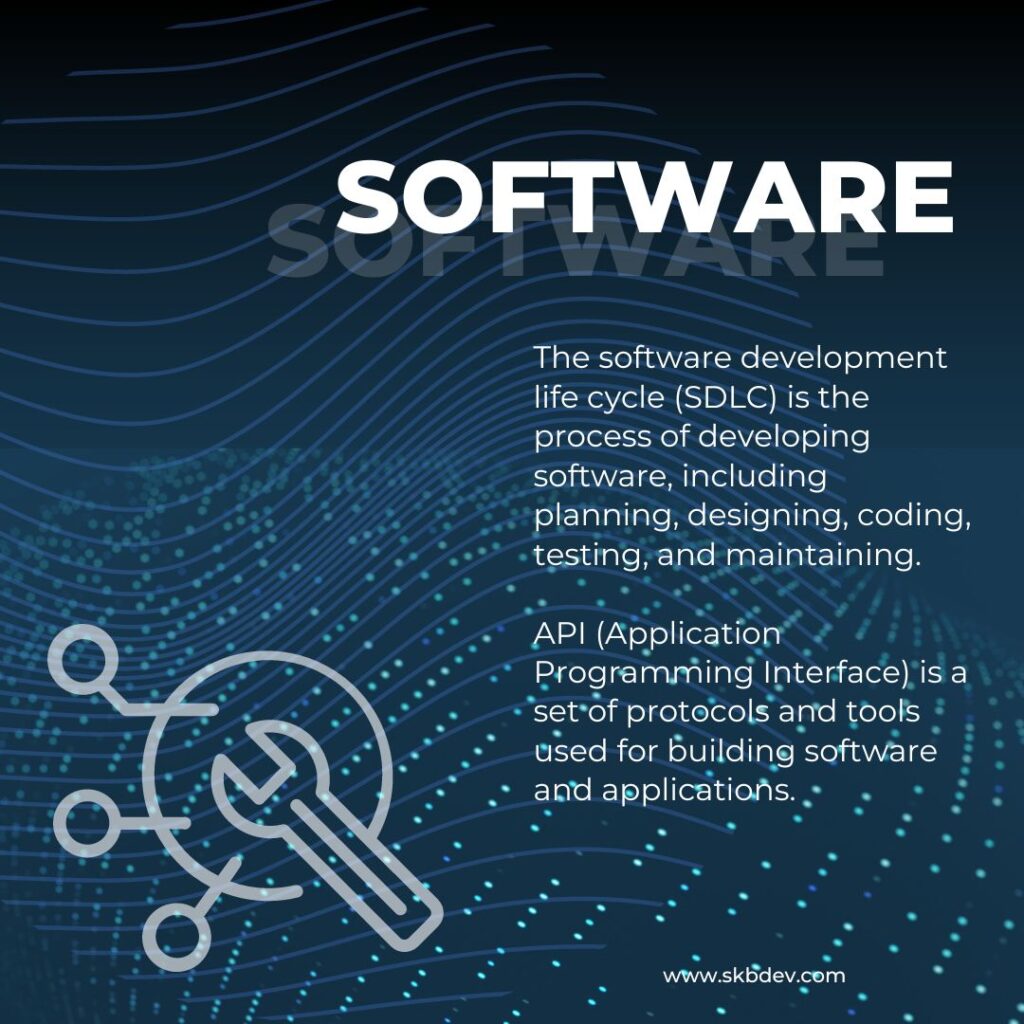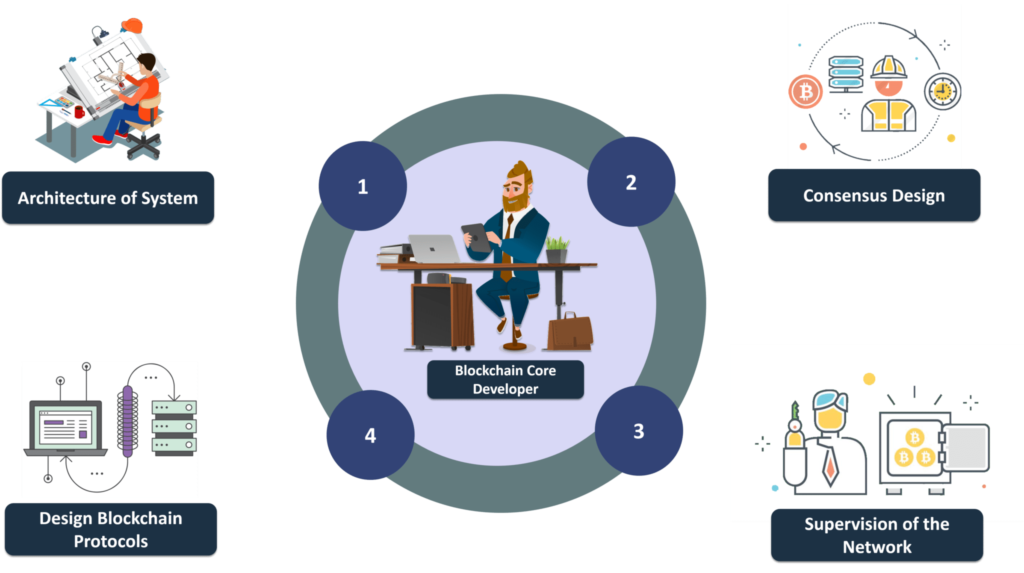Quantum computing is no longer a concept confined to science fiction. With recent advancements in technology and research, It is poised to revolutionize how we process information, solve complex problems, and drive innovation. This article explores the rise of quantum computing, its potential impact, and what the future might hold for this groundbreaking technology.

What is Quantum Computing?
At its core,It leverages the principles of quantum mechanics to perform computations in ways that classical computers cannot. Unlike classical computers, which use bits as the smallest unit of data (0s and 1s), quantum computers use quantum bits, or qubits. Qubits can exist in multiple states simultaneously, thanks to the phenomena of superposition and entanglement.
Superposition allows a qubit to represent both 0 and 1 at the same time, increasing computational power exponentially. Entanglement enables qubits that are entangled to instantly affect each other’s state, even if they are separated by large distances. These properties enable quantum computers to process vast amounts of data and perform complex calculations at unprecedented speeds.
Recent Advancements in Quantum Computing
The field of quantum computing has seen remarkable progress over the past few years. Key milestones include:
- Google’s Quantum Supremacy Achievement – In October 2019, Google announced that its quantum computer, Sycamore, had achieved quantum supremacy by solving a problem faster than the world’s most powerful supercomputer.
- IBM’s Quantum Roadmap – IBM has unveiled its roadmap for scaling up quantum processors. The company plans to build a 1,121-qubit processor named Condor by 2023, aiming to enhance computational power significantly.
- Commercialization Efforts – Companies like D-Wave and Rigetti Computing are offering cloud-based quantum computing services, making this technology more accessible to researchers and businesses.
Potential Applications of Quantum Computing
It holds promise across various sectors:
- Cryptography – Quantum computers could potentially break existing encryption methods, prompting the need for quantum-resistant cryptography to secure data.
- Drug Discovery – It can simulate molecular interactions at an unprecedented level, accelerating the discovery of new drugs and materials.
- Optimization Problems – Quantum algorithms can solve complex optimization problems in logistics, finance, and manufacturing, improving efficiency and decision-making.
- Artificial Intelligence -This could enhance machine learning algorithms, leading to breakthroughs in AI and data analysis.
Challenges Facing Quantum Computing
Despite its potential, It faces several challenges:
- Technical Complexity – Building and maintaining stable quantum computers requires overcoming significant technical hurdles, such as error rates and qubit coherence times.
- Scalability – Scaling up quantum systems to handle more qubits while maintaining stability is a major challenge for researchers.
- Cost – The high cost of developing and maintaining quantum hardware poses a barrier to widespread adoption.
The Future of Quantum Computing
The future of quantum computing is both exciting and uncertain. As research progresses, we can expect:
- Enhanced Quantum Hardware – Continued advancements in quantum processors will lead to more powerful and stable quantum systems.
- Integration with Classical Computers – Hybrid systems combining this and classical computing will likely become more common, leveraging the strengths of both technologies.
- Wider Adoption – As quantum computing becomes more practical and accessible, it will find applications in diverse fields, from healthcare to finance.
- Ethical and Security Considerations – The rise of this will necessitate new approaches to data security and ethical considerations, particularly concerning privacy and encryption.
Conclusion
Quantum computing represents a paradigm shift in how we approach problem-solving and innovation. While still in its early stages, the rapid advancements and growing interest in this field signal a transformative future. As we continue to explore the capabilities of quantum computers, we can anticipate significant breakthroughs that will reshape industries and drive technological progress.
For more know contact us or follow our insta page










I loved as much as youll receive carried out right here The sketch is tasteful your authored material stylish nonetheless you command get bought an nervousness over that you wish be delivering the following unwell unquestionably come more formerly again since exactly the same nearly a lot often inside case you shield this hike
Tech to Trick I truly appreciate your technique of writing a blog. I added it to my bookmark site list and will
bakırköy elektrikçi SEO optimizasyonu, dijital pazarlama hedeflerimize ulaşmamıza yardımcı oldu. https://royalelektrik.com/
allegheny county real estate Good post! We will be linking to this particularly great post on our site. Keep up the great writing
My brother suggested I might like this website He was totally right This post actually made my day You cannt imagine just how much time I had spent for this information Thanks
Fantastic site A lot of helpful info here Im sending it to some buddies ans additionally sharing in delicious And naturally thanks on your sweat
Its like you read my mind You appear to know so much about this like you wrote the book in it or something I think that you can do with a few pics to drive the message home a little bit but other than that this is fantastic blog A great read Ill certainly be back
Somebody essentially help to make significantly articles Id state This is the first time I frequented your web page and up to now I surprised with the research you made to make this actual post incredible Fantastic job
Simply Sseven Pretty! This has been a really wonderful post. Many thanks for providing these details.
Simply Sseven Great information shared.. really enjoyed reading this post thank you author for sharing this post .. appreciated
Usually I do not read article on blogs however I would like to say that this writeup very compelled me to take a look at and do it Your writing style has been amazed me Thank you very nice article
My brother recommended I might like this web site He was totally right This post actually made my day You cannt imagine just how much time I had spent for this information Thanks
I do not even understand how I ended up here, but I assumed this publish used to be great
very informative articles or reviews at this time.
I appreciate you sharing this blog post. Thanks Again. Cool.
I like the efforts you have put in this, regards for all the great content.
This is my first time pay a quick visit at here and i am really happy to read everthing at one place
helloI like your writing very so much proportion we keep up a correspondence extra approximately your post on AOL I need an expert in this space to unravel my problem May be that is you Taking a look forward to see you
Awesome! Its genuinely remarkable post, I have got much clear idea regarding from this post
SocialMediaGirls You’re so awesome! I don’t believe I have read a single thing like that before. So great to find someone with some original thoughts on this topic. Really.. thank you for starting this up. This website is something that is needed on the internet, someone with a little originality!
Touch to Unlock Great information shared.. really enjoyed reading this post thank you author for sharing this post .. appreciated
Fran Candelera This is really interesting, You’re a very skilled blogger. I’ve joined your feed and look forward to seeking more of your magnificent post. Also, I’ve shared your site in my social networks!
Thinker Pedia This was beautiful Admin. Thank you for your reflections.
Somebody essentially lend a hand to make significantly posts I might state That is the very first time I frequented your web page and up to now I surprised with the research you made to create this particular put up amazing Excellent job
Mountsinai Great information shared.. really enjoyed reading this post thank you author for sharing this post .. appreciated
Mountsinai For the reason that the admin of this site is working, no uncertainty very quickly it will be renowned, due to its quality contents.
Blue Techker This is really interesting, You’re a very skilled blogger. I’ve joined your feed and look forward to seeking more of your magnificent post. Also, I’ve shared your site in my social networks!
NY weekly You’re so awesome! I don’t believe I have read a single thing like that before. So great to find someone with some original thoughts on this topic. Really.. thank you for starting this up. This website is something that is needed on the internet, someone with a little originality!
Noodlemagazine I do not even understand how I ended up here, but I assumed this publish used to be great
My brother suggested I might like this blog He was totally right This post actually made my day You can not imagine simply how much time I had spent for this info Thanks